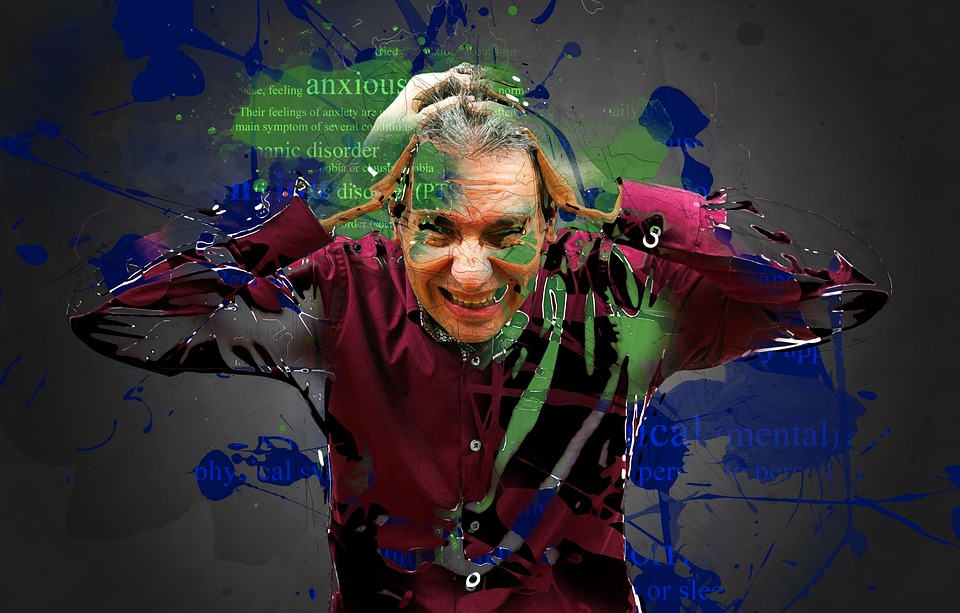We have made a compilation of the problems that Anxiety can cause to our health, particularly in the midst of the pandemic, since many have been affected by the lockdown, the freezing of their salary or even worse unemployment without expectations of reincorporating to a new job, debts, political situations that degenerate into a worse quality of life depending on the country to a greater or lesser degree, the loss of a business or undertaking due to not being able to open due to the coronavirus, among other situations, then let’s see:
Amnesia.
Memory loss (amnesia) is unusual forgetfulness. You may not be able to recall new events, recall one or more memories from the past, or both. The memory leak may be for a short time and then resolve (transient). Or it may not go away, and depending on the cause, it may get worse over time. In severe cases, such memory impairment can interfere with activities of daily living.
Brain fog or Cloudy Memory
Brain fog is the inability to have a sharp memory or to lack sharp focus. You really feel that you are not yourself and you cannot think clearly. That can cover many different medical problems and conditions.
Tension headaches
A tension headache is generally a diffuse, mild to moderate pain in the head that is often described as a feeling like a tight band around the head. A tension headache (tension-type headache) is the most common type of headache, yet its causes are not well understood. Treatments are available for tension headaches.
Strange or floaty spots in your vision
What are floats? Floaters are small “cobwebs” or specks that float in your field of vision. They are small, dark, and shaded shapes that can be seen as spots, thread-like strands, or wavy lines. They move as your eyes move and appear to drift when you try to look directly at them.
The inability to concentrate
What does not being able to concentrate mean? It depends on the concentration to finish work or school every day. When you can’t focus, you can’t think clearly, focus on a task, or keep your attention. Your performance at work or school could suffer if you are unable to concentrate.
Feeling out of balance.
Balance problems can make you feel dizzy, like the room is spinning, unstable, or dizzy. You may feel like the room is spinning or is going to fall. These feelings can occur whether you are lying down, sitting, or standing.
Shooting pains in the head.
Occipital neuralgia can cause severe pain that feels like a sharp, stabbing electric shock in the back of the head and neck. Other symptoms include: Throbbing, burning, stabbing pain that usually begins at the base of the head and goes to the scalp. Pain on one or both sides of the head.
Strange “head bumps”
Brain shakes and head chills are common anxiety symptoms that feel like your brain or head is suddenly shaking, vibrating, hitting, receiving electric shocks, or trembling.
Tingling on the scalp.
Like other areas of the skin, the scalp is filled with blood vessels and nerve endings. Tingling can occur as a result of nerve trauma, physical trauma, or irritation. Some of the more common causes of tingling on the scalp include skin conditions, irritation from hair products, and sunburn.
Chronic Fatigue Syndrome.
The main symptom is fatigue for more than six months. Fatigue usually increases with activity, but does not decrease with rest, being a symptom of generalized anxiety.
Derealization
Depersonalization-Derealization Disorder happens when you persistently or repeatedly feel that you are observing yourself from outside your body, or you feel that the things around you are not real, or both. The feelings of depersonalization and derealization can be disturbing and you may feel like you are in a dream, which could mean a serious anxiety problem that can lead to something worse.
Sources: INH, MayoClinic
